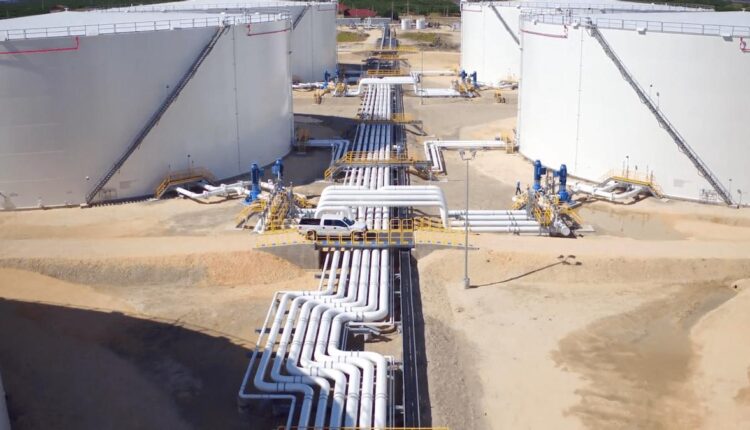EU Energy Prices in markets jumped to record levels from natural gas to carbon emission permits, with signs that energy shortages will only become more serious as winter begins.
The price of natural gas futures in the Netherlands has risen by 11.6% in recent months, EU Energy Prices rise while carbon futures have risen by 2.2%. Germany’s electricity consumption will also hit a new high next year.
Fossil fuel prices rose sharply this month as utilities rushed to buy fossil fuels to maintain the operation of their power plants.
Supply problems can be solved by the closest suppliers such as Egypt LNG and Algeria both have good position, also can help EU Energy Prices by increase the supplies.
Brent crude oil prices rose 0.9% to $80.44 a barrel in Asian markets that morning, the highest level since October 2018.
Soaring EU Energy Prices also include natural gas. At a time when the world is striving to withdraw from coal and increase the use of clean energy, countries rely on natural gas unprecedentedly. Due to the decline in reserves and increased demand, coupled with multiple factors such as the approaching winter and insufficient transportation capacity, global natural gas continues to soar.

It is reported that the price of natural gas at the Dutch TTF Center, the European natural gas trading benchmark, has risen to 76.165 euros per megawatt-hour (about $89) in recent months, setting a record high again. Since the beginning of this year, the price of the contract has risen by more than 250%. affect all EU Energy Prices.
Meanwhile, U.S. natural gas futures soared by 12% last night, the largest one-day increase since February this year, setting a new seven-year high.
Natural gas supply in the United States and some Asian countries is also tight, resulting in a continuous surge in global natural gas prices.
Soaring natural gas prices have fuelled rumors about its demand for alternative fuels, including oil. Because the high price of natural gas forces people to shift from natural gas to oil consumption.
There are signs that global inventories have fallen sharply, demand is warming up before winter, OPEC+ only slowly increases the oil supply in the market, and crude oil prices are rebounding which affect EU Energy Prices.
OPEC+ plans to meet on October 4. After insisting on increasing supply by 400,000 yuan a day in recent months, the organization has re-examined its production policy, and its internal documents have highlighted the risk of increasing demand in the natural gas crisis.
The general rise in overall energy products has contributed to the global energy crisis or only EU Energy Prices!
The Natural Gas and Electricity Market Office, the British energy market regulator, said that natural gas prices are “rising at an unprecedented rate” and that more energy suppliers may fail in the coming months.
Emma Pinkibek, CEO of the British Energy Association, said that the abnormal fluctuations in the natural gas market are the result of a combined effect of unusual weather and post-pandemic energy demand patterns, and “this will be a challenging winter for many customers”.
At the European level, the energy crisis is said to be difficult to contain. The inventory of European reserve facilities is at a historical low in the same period. Because of energy constraints, European governments have also warned about power outages and factories being forced to shut down.
Citigroup Inc. He said that according to the commodity outlook, it is still “completely bullish” on crude oil and natural gas.
Goldman Sachs raised its forecast of Brent crude oil by $10 to $90 a barrel at the end of this year, because the outbreak of coronavirus Delta and Hurricane Ida’s attack on U.S. production accelerated the recovery of fuel demand and caused global supply constraints.
Goldman Sachs said: “Although we have long held the view of bullish oil, the current global supply and demand deficit is larger than we expected, and global demand has recovered even faster from Delta’s impact than our above consensus forecast, and global supply is still below our consensus forecast.”

